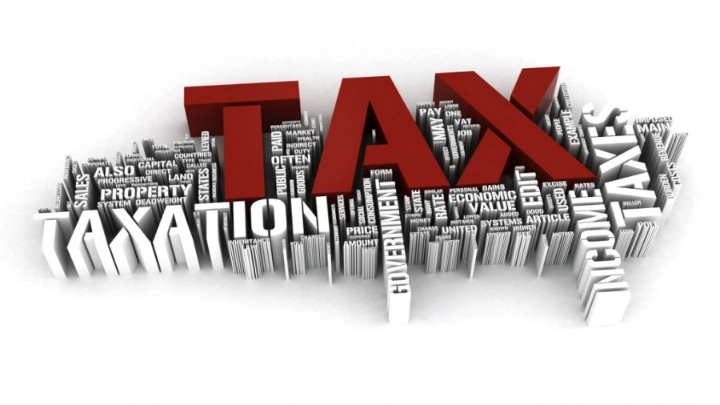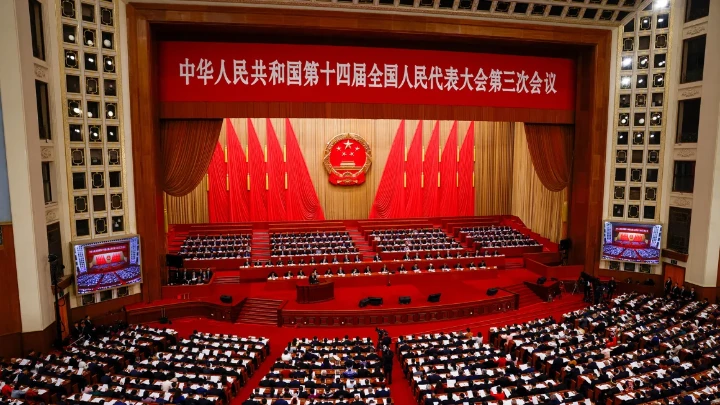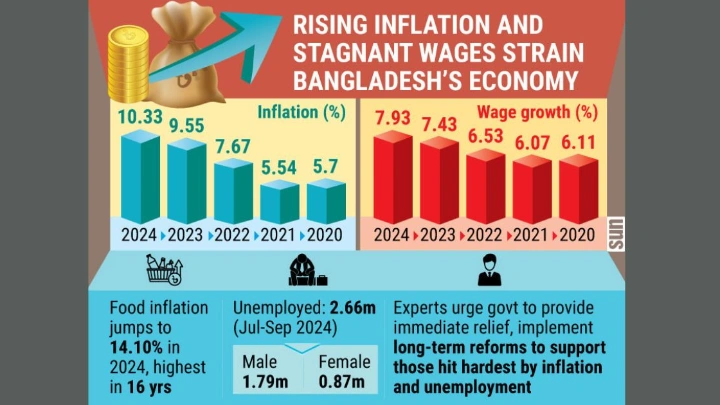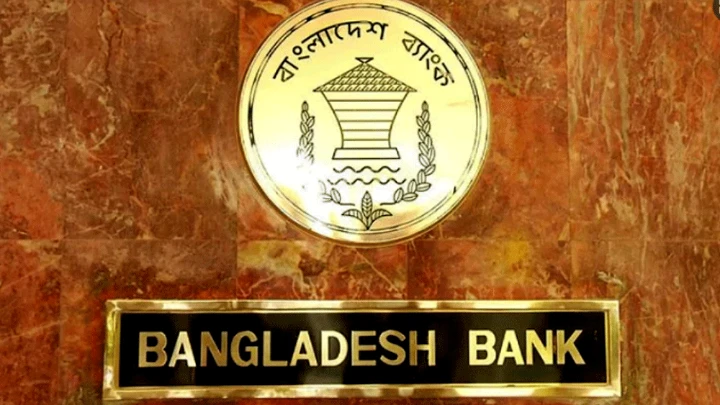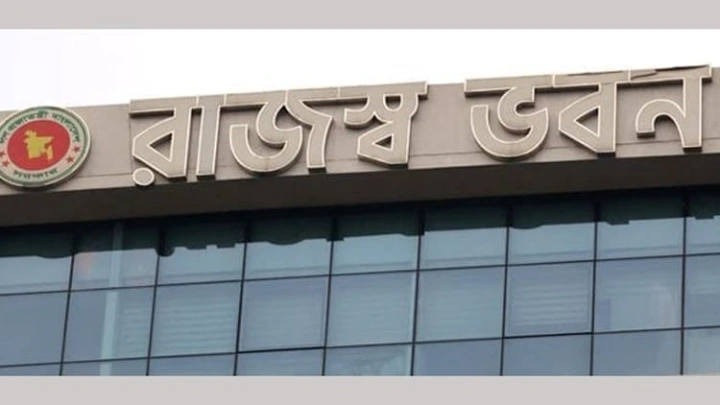Traditional tax source poses financial risks
DailySun || Shining BD
A mid-term macroeconomic policy report released by the Finance Division has raised serious concerns over the country's heavy dependence on Value Added Tax (VAT) as a principal source of revenue, warning that this could pose significant financial risks in the medium term.
The report has particularly highlighted that VAT currently accounts for an alarming 41 percent of the total tax collected by the National Board of Revenue (NBR).
The other key areas of NBR's revenue collection include income tax, supplementary duty, import, excise, and export duties.
Over-reliance on indirect taxes such as VAT potentially burdens the less affluent disproportionately, according to studies conducted by independent think tanks.
These taxes, levied on all consumers regardless of income, could foster economic inequality.
The finance division official, who wished to remain anonymous, clarified the situation by providing an example: "A person with a daily income of Tk 200 has to pay the same rate of 15 percent VAT for any purchase as someone earning Tk 2,000-Tk 5,000 daily. This is not an ideal scenario for a developing economy like Bangladesh."
The mid-term report also revealed an alarming trend based on an analysis of the 2022-23 fiscal year's first eight months.
It showed that 40.5 percent of NBR revenues came from VAT, followed by income tax (30.21 percent), supplementary duty (14.37 percent), import duty (12.83 percent), and a combined 2 percent from excise and export duties.
The NBR failed to meet its target of collecting nearly Tk 3.15 trillion in the first 11 months of FY23, managing to achieve only 89.67 percent of the target with Tk 2,824.16 billion collection.
The finance division has urged the government to identify and exploit new revenue sources to mitigate these financial risks, stressing that any dip in VAT collection during unforeseen circumstances could negatively impact overall revenue.
Dr. Debapriya Bhattacharya, Distinguished Fellow of the Centre for Policy Dialogue, voiced concerns over the tax structure: "Two-thirds of Bangladesh's tax structure is indirect tax. It is a major cause of growing inequality in the country."
The finance division's report has called for an increase in non-NBR revenue, which currently stands at a meager 2 percent of the total collection, and a reconsideration of fees for government services to reflect the actual cost of provision.
Looking ahead, the government has set an ambitious revenue target of Tk 4.30 trillion for the 2023-24 fiscal year. However, a considerable 38.1 percent is projected to come from VAT.
Furthermore, income tax, supplementary duty, import duty, and other sources are expected to contribute 35.6 percent, 14.1 percent, 10.7 percent, and 1.4 percent to the targeted NBR revenues, respectively.
As the country steers through its fiscal policy maze, the finance division's recommendations may hold the key to a balanced and more equitable tax structure, and thus, a more resilient economy in the longer run.
Shining BD

